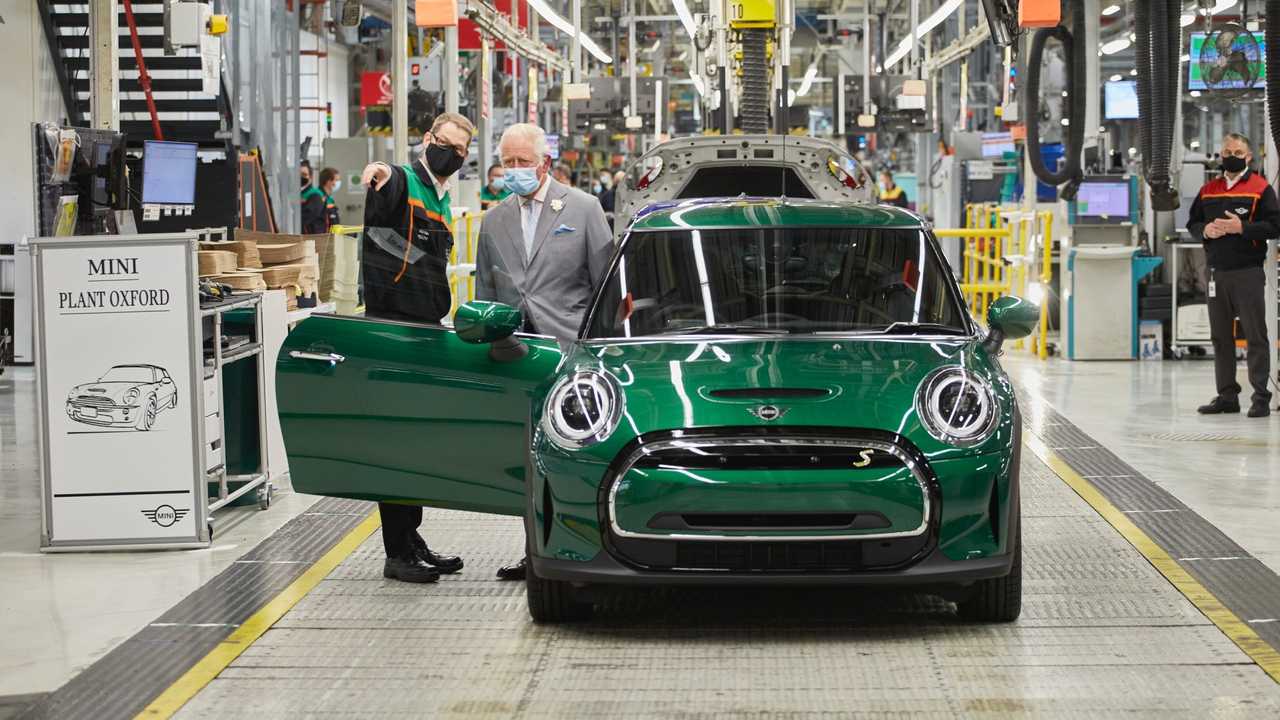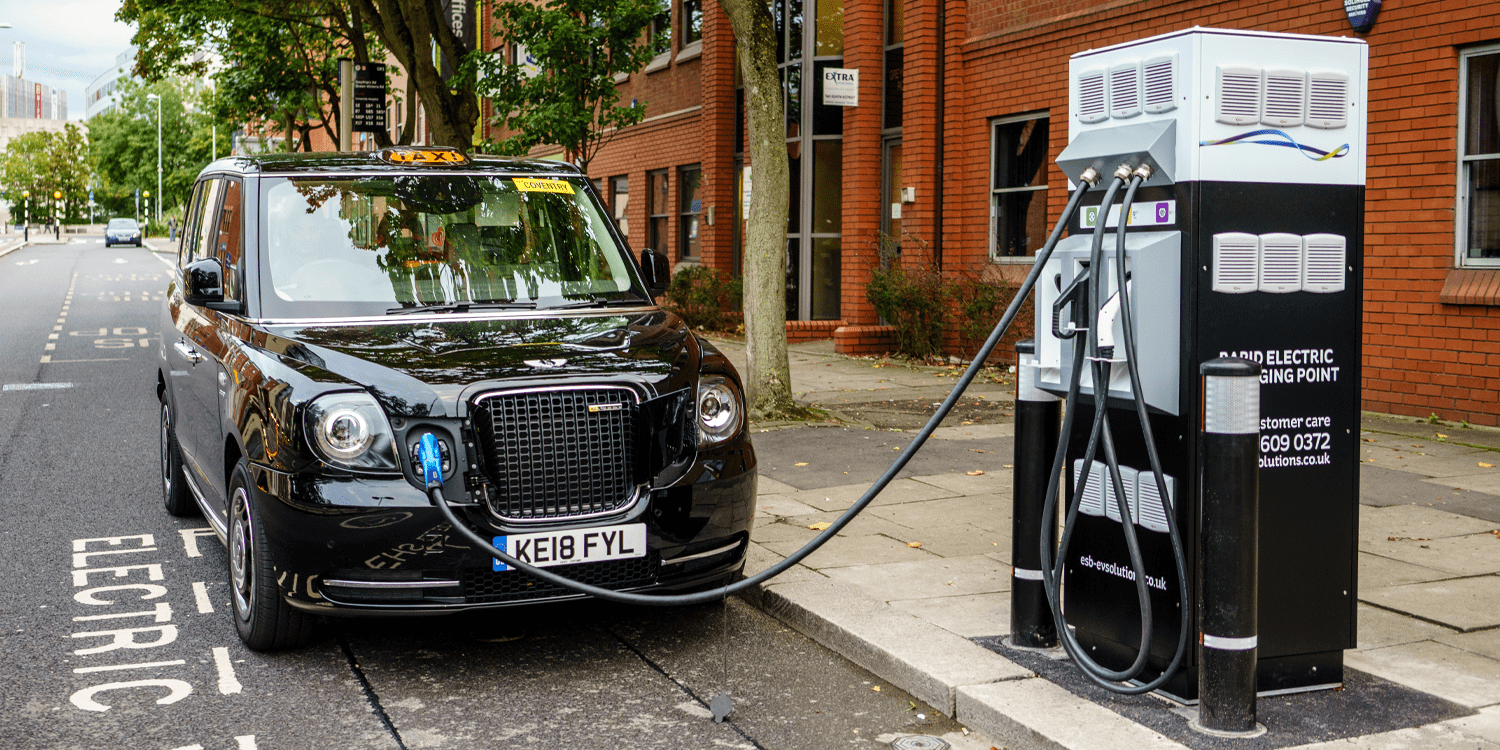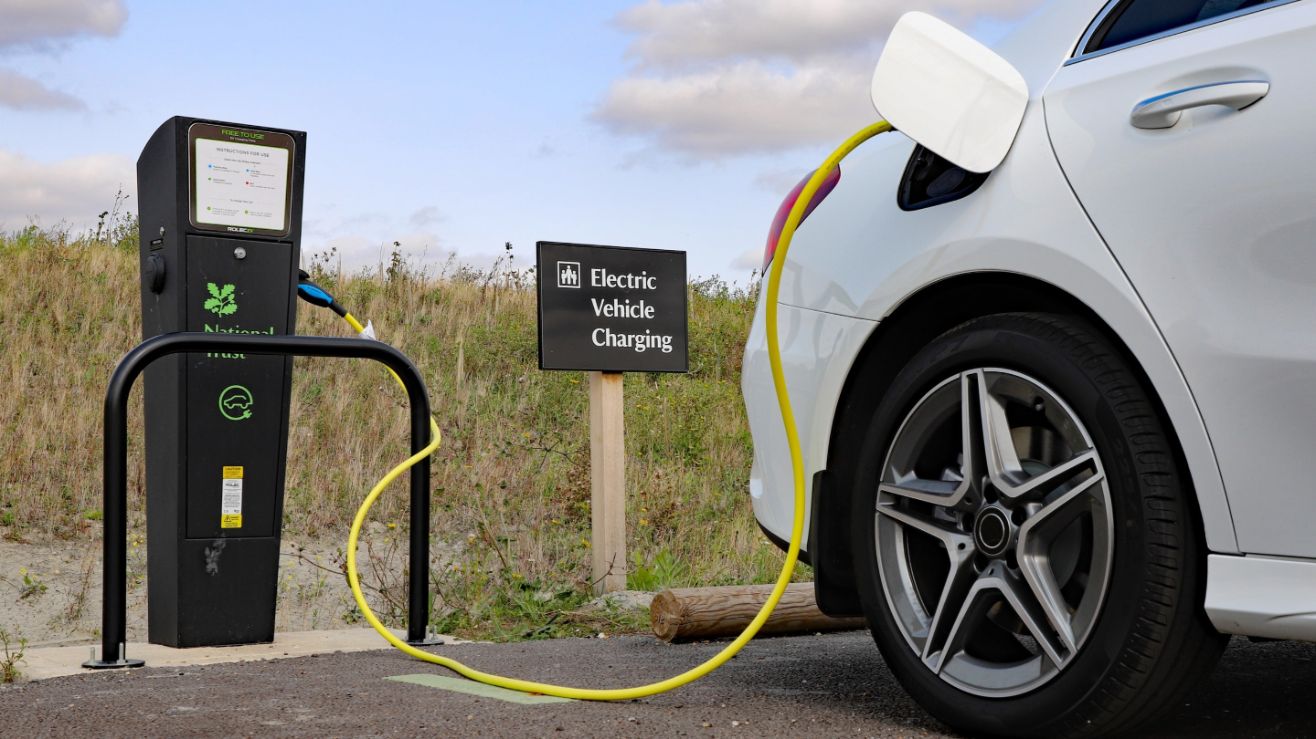A report released on Tuesday by Britain’s upper house of parliament, titled “EV strategy: rapid recharge needed,” has called upon the UK government to take immediate measures to promote the transition to electric vehicles (EVs). The report, following an inquiry into Britain’s electric vehicle transition strategy, emphasizes the need for targeted subsidies and expedited development of new charging infrastructure to incentivize EV adoption.
Baroness Kathryn Parminter, chair of the inquiry, underscored the importance of government intervention in fostering EV uptake, stating, “They have got to do what politicians don’t like to do, which is get into the space of talking to people about how they live their lives and how they’re going to support them to do it.” Parminter emphasized the necessity for the government to play an active role in facilitating lifestyle changes conducive to EV ownership.
See also: UK Achieves Milestone with One Million Battery-Electric Vehicles Registered

The report advocates for targeted incentives to enhance accessibility of EVs for lower-income car owners, along with a call to “turbo-charge” the expansion of charging infrastructure. It suggests reviewing outdated planning regulations that impede the rollout of new charging points, addressing a significant obstacle to broader mass adoption of electric cars.
While Britain celebrated the sale of its one-millionth fully-electric vehicle in January, concerns persist regarding dwindling demand from private buyers. The Society of Motor Manufacturers and Traders (SMMT) cautioned that falling demand necessitates government intervention to stimulate sales through subsidies.
See also: UK Department for Transport Launches Grant to Subsidize EV Charging Points at Educational Institutes

A spokesperson for the UK transport ministry highlighted past government initiatives that have contributed to the proliferation of EVs on British roads, emphasizing targeted investment to maximize taxpayer value. Despite these efforts, challenges remain in achieving widespread EV adoption.
Last September, British Prime Minister Rishi Sunak announced a delay in the country’s ban on fossil-fuel cars to 2035 from 2030, citing concerns over the “unacceptable costs” to British households. This decision underscores the complexities surrounding the transition to electric mobility and the need for comprehensive government action to address associated challenges.

